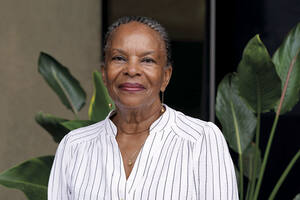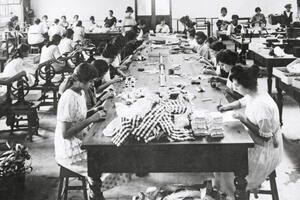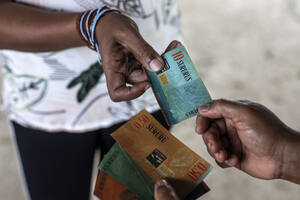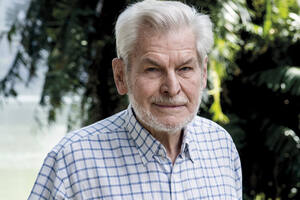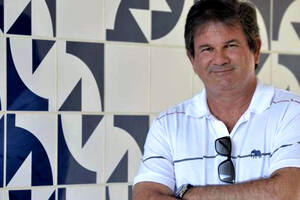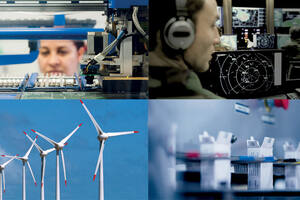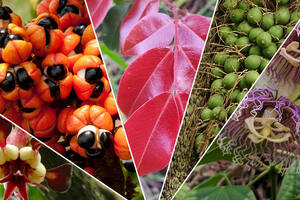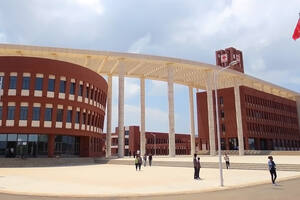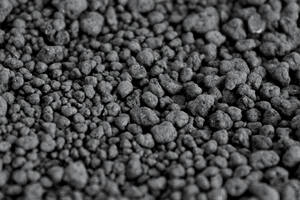Economy
Public policies

Climate change affects children’s lives and exacerbates social inequality
Extreme events impact aspects such as school attendance and nutrition
By Mônica Manir
Epidemiology

Bolsa Família program prevented 8.2 million hospitalizations and 713,000 deaths between 2004 and 2019
Estimate is based on data from 3,671 Brazilian municipalities, home to 90% of the population
By Giselle Soares and Ricardo Zorzetto
Economy
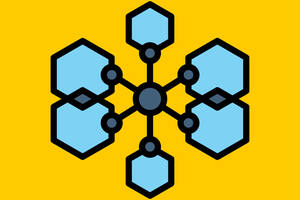
Faster financial transactions
Scientists create new financial transaction technology that promises to be faster and more efficient
By Redação
data
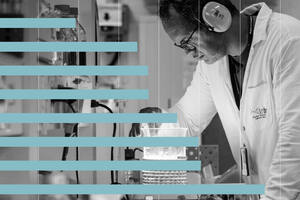
Skilled occupations and occupational structure
Graphs show the prevalence of skilled occupations in Brazil and around the world
By Redação
Gambling

Pocket problem
Global losses from online gambling could reach $700 billion by 2028
By Redação
Public administration
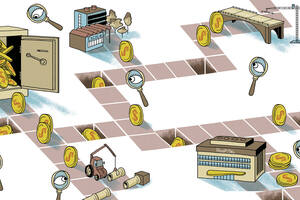
São Paulo State Audit Office turns 100 years old
Researchers explain the agency’s role and suggest ways to increase its efficiency
Retrospect
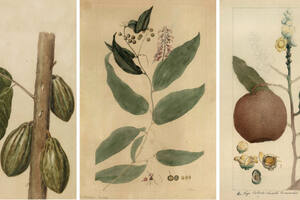
The Amazon on the spice route
Leaves, fruit, bark, roots, oils, and resin from the forest boosted the economy and brought wealth to the region during the colonial period
By Suzel Tunes
OBITUARY

Against the tide
Critical thinking and confrontational style made for Maria da Conceição Tavares’s enduring influence on economics
By Redação
Data
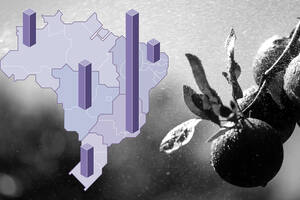
The importance of water in economic activities
Data highlights the importance of water to the Brazilian economy
By Redação
PUBLIC POLICY
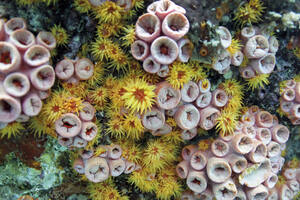
Report identifies 476 invasive species in Brazil
Invasive plant and animal species threaten biodiversity and cause damage
Ecology

The economic value of wildlife
Wildlife investment index in Africa encourages environmental conservation and ecotourism
By Redação
Nobel Prize

Eleven people received a Nobel Prize in 2023
Four were women, the same number as in 2018 and 2020, only lower than in 2009, when there were five winners
By Redação



